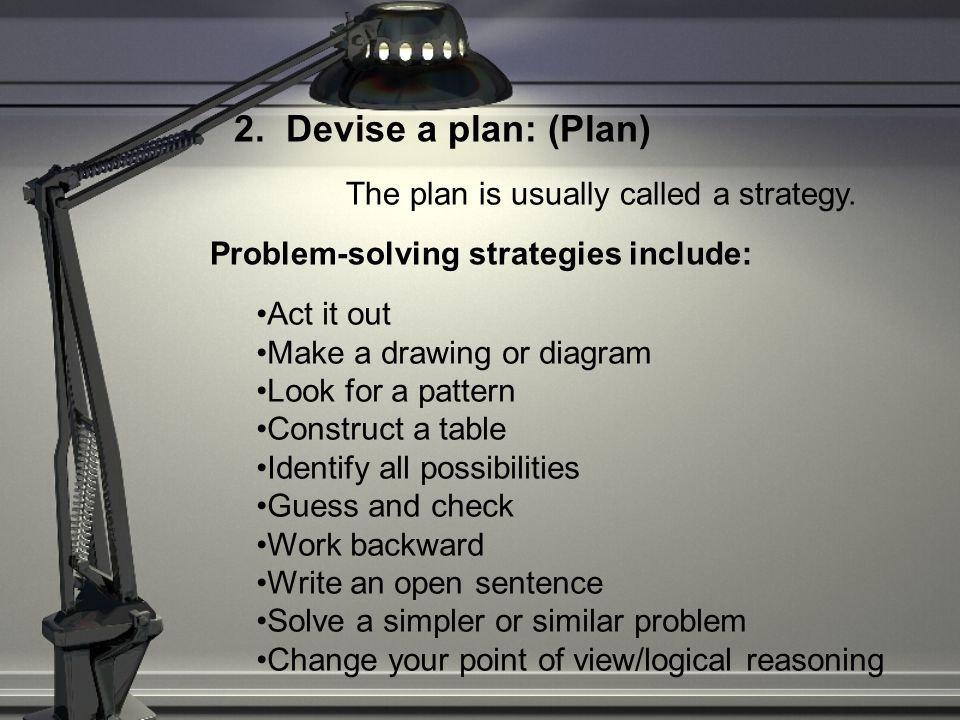Maybe you have been planning for your future for long enough now. Wherever you wish to be in your career, ACT will help you along the way. Especially if you want to join an American or Canadian university for higher education, the ACT is the standard to enter. But it is not a school exam where you can get the highest number. Now the question arises, how to score well on the ACT?
This article will help you explore a step-by-step guide to scoring well on the ACT.
How to Get a Good Score in the ACT?
ACT has a composite score range of 1 to 36, where you must score at least 50% to have a chance of getting admission to a decent college or university. A score of 30 and above is considered good to secure admission to the best institutions.
Here are some ACT exam 2021 preparation tips that you can follow to get a better score:
1. Know Your Test

The ACT test may not be the world’s greatest challenger; it is still difficult to score a perfect or high number. You must practice drill tests to familiarise yourself with ACT’s format, scoring pattern, and content.
Want to know more about the ACT exams; Do read: The Ultimate ACT Guide 2021: Registration, Exam Format, Scoring, Sample Papers, and More!
Read as many practice tests as you can and analyze different parts to find your weaknesses. Know your test like your enemy before the war.
2. Find a Baseline
Finding a baseline or the starting point is always hard, especially if you have a long way ahead. It must be done, nonetheless. Finding a baseline for ACT is like building a strong foundation on loose soil. Start with a practice test to know your ACT skills.
It should give you a clear picture of your current understanding of the test and which concepts or subjects you must cover before anything else. Between practice tests and learning, take a closer look at your potential scores.
3. Know Your Score Goals
A good score of 30 and above is essential to secure admission to a top institution. The idea behind keeping a score goal is about securing a seat in your preferred educational institution.
For instance, if you aim for the University of California, your ACT score should fall between 29 to 35. For Stanford University, the ACT score must be 32 to 35 to increase your chances of getting admission.
4. Devise a Strategy

It is always difficult to understand how to score well in ACT tests that require adequate preparations and strategy. Your strategy depends on your initial scores from the practice test. Your strategy must include every critical point to score well in the ACT, including time management and solving tricky questions.
You should be prepared to face every difficult question, especially in the maths section. If you get stuck on a question, mark it and solve the ones you know first.
5. Follow through Your Plan
If you want to know how to score well in ACT, go over your initial score and strategy to know your current position. Devise a follow-through plan for your actual exam. Take as many practice tests as you can.
Start with understanding difficult concepts of maths, science, or any other subject. Once you understand the concepts, work on your time management. The official website of ACT has multiple drills or mock tests that can help you better understand the actual ACT scenario.
6. Prepare for ‘D-Day’
Revise. Stay well-rested and eat a proper diet. Stay hydrated. Do not cram any concepts or formulae because you won’t feel good later in case you forget. Try to stay as relaxed as you can and revise with a calm head.

The secret behind scoring well in the ACT is to believe in yourself. These are your last-minute ACT tips!
ACT Math Tips
When it comes to an understanding of how to score well in ACT, maths preparation plays a crucial role. One of the most sought-after strategies to score the highest in maths is to plugin your answer or number into the question and solve it from there. This strategy may, however, take more time than expected if not practiced enough at home.
Next, you must pay attention to the diagrams to find each detail. All answers for diagram-based questions are hidden that can help you choose the most logical option. Pay attention to the figures and try to solve as many as you can. Simply cross the ones you do not wish to attempt or want to keep for the last. Remember to only use a pencil before marking your final answer.
ACT English Tips
The English section of the ACT test generally focuses on your grammar and editing skills. The best writing tip is to deliver the message clearly and concisely. You only have to look for a logical answer that fits the bill, with perfect grammar and sentence structure—nothing extra for the writing part.
Understand your question first. Read and reread your question or paragraph to know the context. It helps to know the correct answer. If there are any ‘no change’ questions, double-check your answer before opting for this one. You must not doubt yourself for selecting the ‘no change’ option if you feel the sentence or paragraph reads right.
ACT Reading Tips
The reading section tests your interpretation of the information and its accuracy with speed. The reading section of the ACT test is structured into four parts – literary narrative, social science, humanities/arts, and natural science. You can start reading the paragraphs you familiarise yourself with the most, which can be any of these four parts.
Give the paragraph a quick read followed by the questions to accurately pick the right answer. Start your reading practice at home to manage time and improve concentration. Learn to skim through pages at the start of your test for an overview. The answers are usually hidden in plain sight.
ACT Science Tips
The science section of ACT analyses your data, image, table, and experiment comprehension skills. Start with the most comfortable questions and leave the ones with conflicts for the last. Read the passages thoroughly to understand the concept per the following questions. Try not to focus on intense reading as you can lose track of time.

It tends to get overwhelming with scientific terms or unfamiliar images that make it difficult to write an easy answer. The science section is more about logical reasoning and interpretation. If you can thoroughly read diagrams, graphs, or images, you can solve all such questions.
ACT Essay Tips
The essay section is the last part of the ACT test. Wherever your essay topic is, take a couple of minutes to form its structure or examples in your head. You can write any facts or information that you deem true, ranging from history to fiction or maths. Do not overdo with numbers or examples as graders do not have time to fact check.
A successful essay has an interesting introduction and conclusion to keep the interest in the topic. Support your claims or information in the body of your essay with quirky or concise subheadings. Write a clear conclusion.
Final Thoughts on How to Ace the ACT?
A relaxed mind is a good place to start preparing for your ACT test. Understanding how to score well in the ACT is your first step towards acing the exam. Follow the tips mentioned above and practice as much as you can, especially your weak points.
Pay attention to diagrams, choose the most logical answer, solve easy ones first, skim passages, and rely on your instincts for parts where you can only guess the answer. These tips should help you ace your ACT exam easily and score a good number.
Frequently Asked Questions
Q1. What can I do to improve my ACT score?
- After the exam, instantly begin preparing.
- Make use of your result analysis.
- Enhance your time managing skills.
- Focus on your reading skills as fast as possible.
- Formulas and regulations should be memorised.
- Before the test, make sure you get adequate rest.
- Maintain your composure.
- Make use of the elimination procedure.
Q2. How can you do well on this exam?
To do well on this test, you must rehearse well and prevent using low-quality resources.
Q3. What does it take to raise your ACT score?
- Be aware of the prior outcome.
- Know what you want to achieve in terms of a score.
- Fill the gap.
Q4. What are the most common causes for students’ ACT grades not to enhance?
- Carelessness
- Weak time-management abilities.
- Lack of self-assurance.
- Not attempting questions.
- You can surely improve your ACT scores if you conquer these factors.
Q5. What is the best way to prepare for the ACT?
- Recognize the importance of preparation.
- Understand the format of various parts.
- Get your hands on some study materials and practise exams.
- Make a habit of learning.
- Concentrate on your weak points.
- Consistently take practise tests.
- While completing practise tests, use testing-day techniques.
Q6. What is the best way to achieve the highest domain results?
- Concepts and Analysis
- Development and assistance.
- Organization.
- Language use and etiquette.
Q7. What is a normal ACT score?
In 2020, the national average composite score, as per the ACT, was 20.7.
Q8. How can you increase your ACT score?
Knowing a little more about your ACT results could allow you to recognise where you can progress. With the appropriate study and methods, you may be able to improve your scores and graduate from college debt-free.

